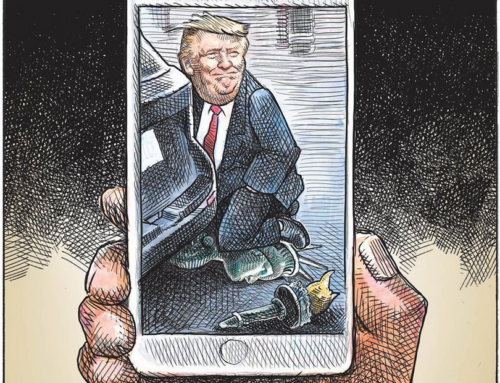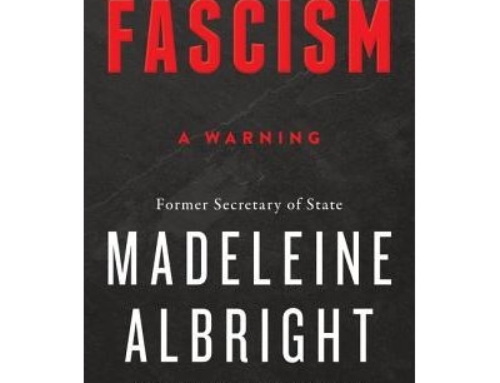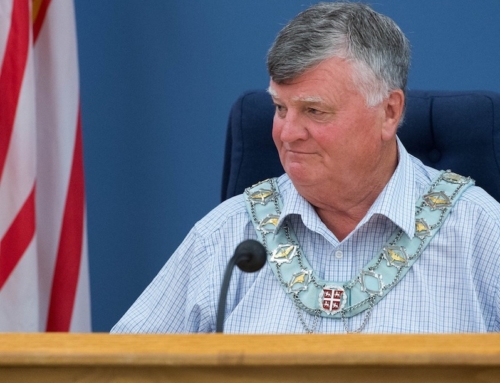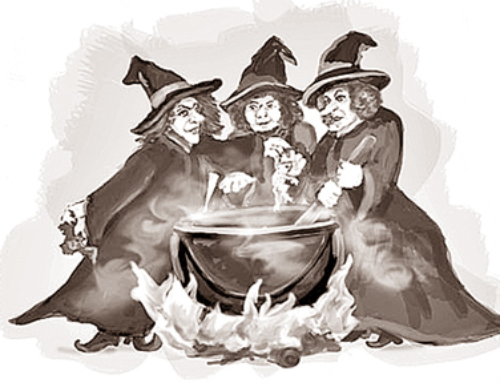
You are part of a community and the sum of the parts is greater than the whole (photo: oneeyeland.com)
As published in Northumberland Today
Community is a grand word. It’s ubiquitous, universal and everyone innately knows what it means. At first blush, it’s a place, a place we know well, but on deeper reflection it feels more like a personal bond than a place and it’s rooted more in the heart than a particular street or building or social group. It’s about belonging. It’s comfort, caring, connectivity, pride. It’s a good place, except when it’s in decline.
Across North America, for the last third of the twentieth century, the fabric of our communities has become frayed and faded as we’ve disconnected from them, and from each other. Most of us have experienced it, and as Robert Putnam says in his book, Better Together, the decline is evident in church attendance, PTA participation, union relations, club memberships, volunteer work, political engagement and, of course, less time with friends and family. And it’s evident in the exodus of youth, the influx of drugs, the uptick of homeless and the down tick of meaning––does “have a nice day” really mean anything anymore? We are consumed by consumption and buried in production, working more, giving less, joining less, voting less, trusting less, living less. By most measures, our happiness and satisfaction has declined and our sense of place is lost in the incessant churn of daily life. Today, we inhabit a community but we don’t belong to it. And yet, our need for community has never been greater. According to a study entitled, The Place and Happiness Survey, conducted by Richard Florida of the University of Toronto, “The place we live is the third leg in the triangle of our well-being, alongside our personal relationships and our work.” In other words, community matters more than we realize and it is at the heart of both our personal growth and the well being of our community. And yet, we have let this critical piece in life’s puzzle slip away from us.
Most communities have lost their compass, if not their moral compass certainly their social and political compass. Social in terms of our connection with the community and political relative to our “social contract” with government, which was lost a long time ago. The 18th century philosopher and father of the social contract, Jean-Jacques Rousseau, posited that government is only as strong as the people, and his thinking influenced a revolution. Perhaps a little more of that thinking, today, could help reconnect our community. “We the people” is supposed to mean something but only if “we” do something. A passive, uninterested, unengaged “people” is not only unfortunate, it’s at the core of community decline, vacuous leadership and political apathy and incompetence. Make no mistake, there are people doing things for the community – many – but it’s a handful compared to the dumpster load of people doing nothing.
If most of us are uninvolved inhabitants, then it raises a question similar to the one Edwin Starr raised in his 1960s song protesting the Vietnam War: “War … what is it good for? … Absolutely nothing!” Has our community come to this? Community … what is it good for? Absolutely nothing. Ponder that question. Then ask: Do you feel connected to your community? Do you know what’s going on? Do you care? Here’s a mini-straw poll:
- Do you know what the plans are to revitalize your community – if any?
- Do you know the details of at least two major issues facing your municipal government (in Toronto, the Rob Ford fiasco does not count)?
- Do you know approximately how many homeless people are in your community?
- Are you a member of a Ratepayers Association?
If you answered, “yes” 4 of 4, you’re connected. 2 of 4, you’re half-connected. 1 of 4, you’re something less than a half-ass connected. And if you answered nothing in the affirmative, you flunked Community 101, and are likely sitting on the sidelines watching the inherent decline in your community. Think about it.





